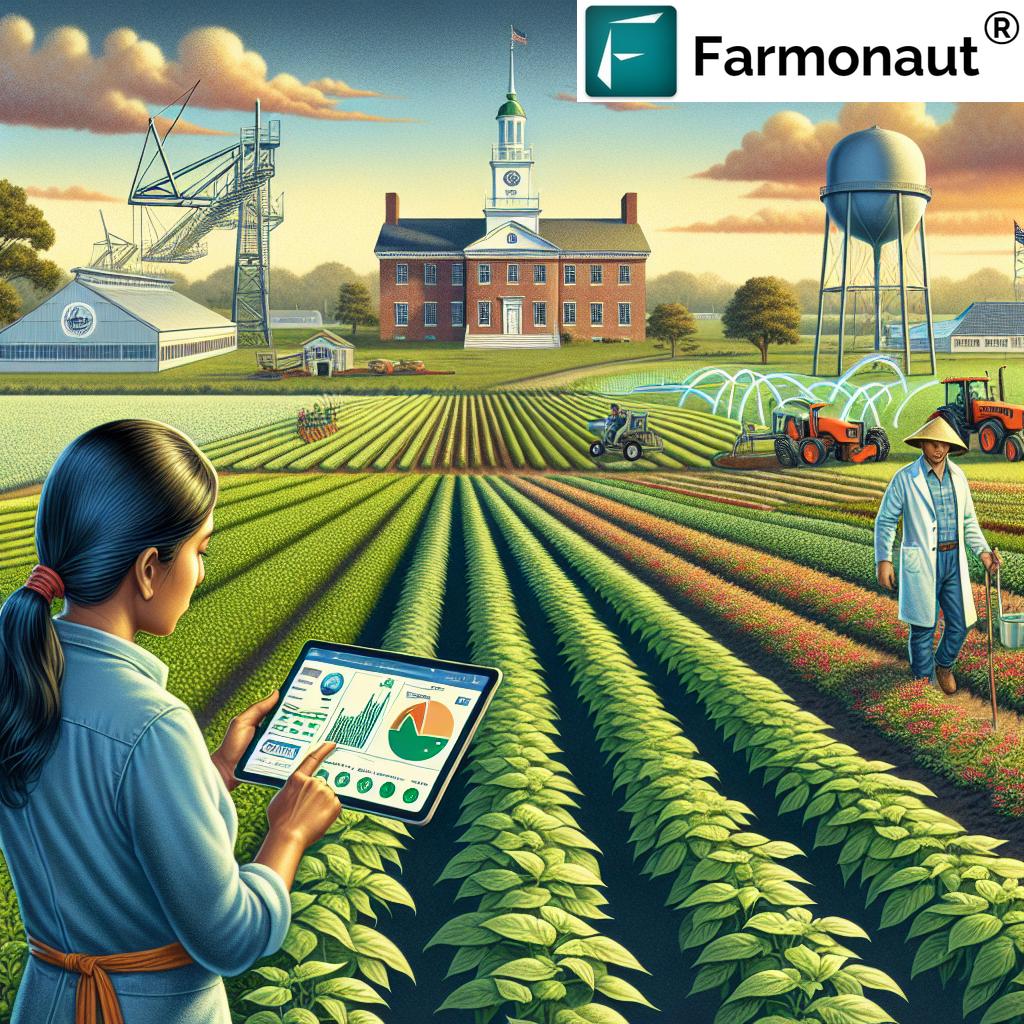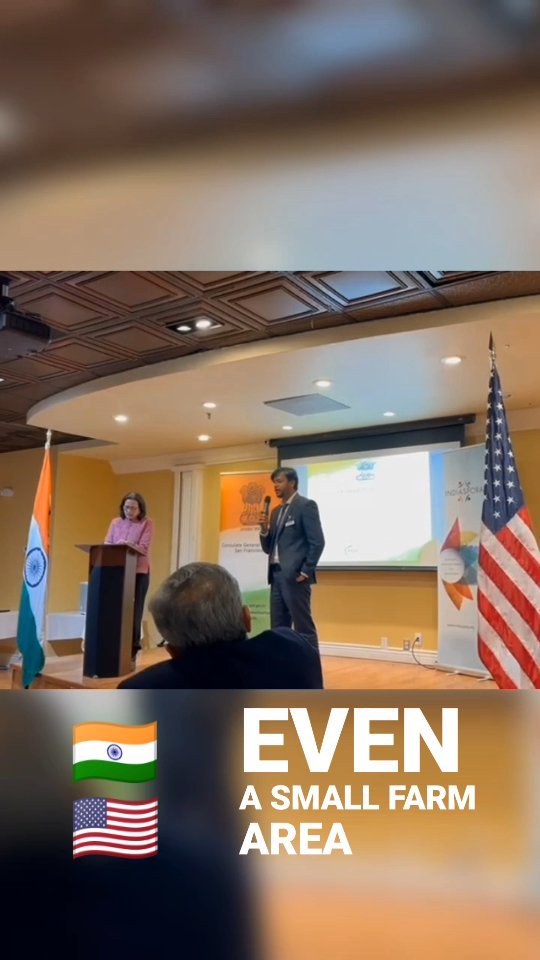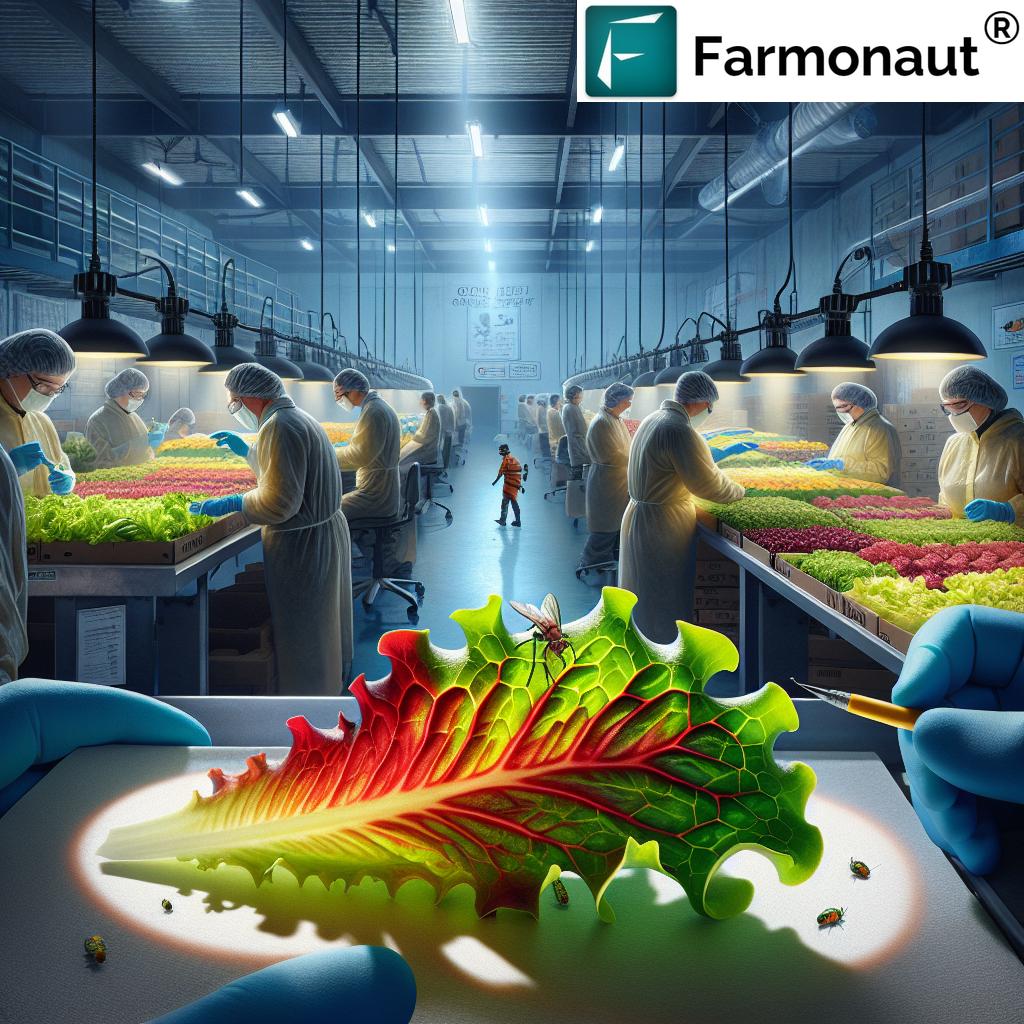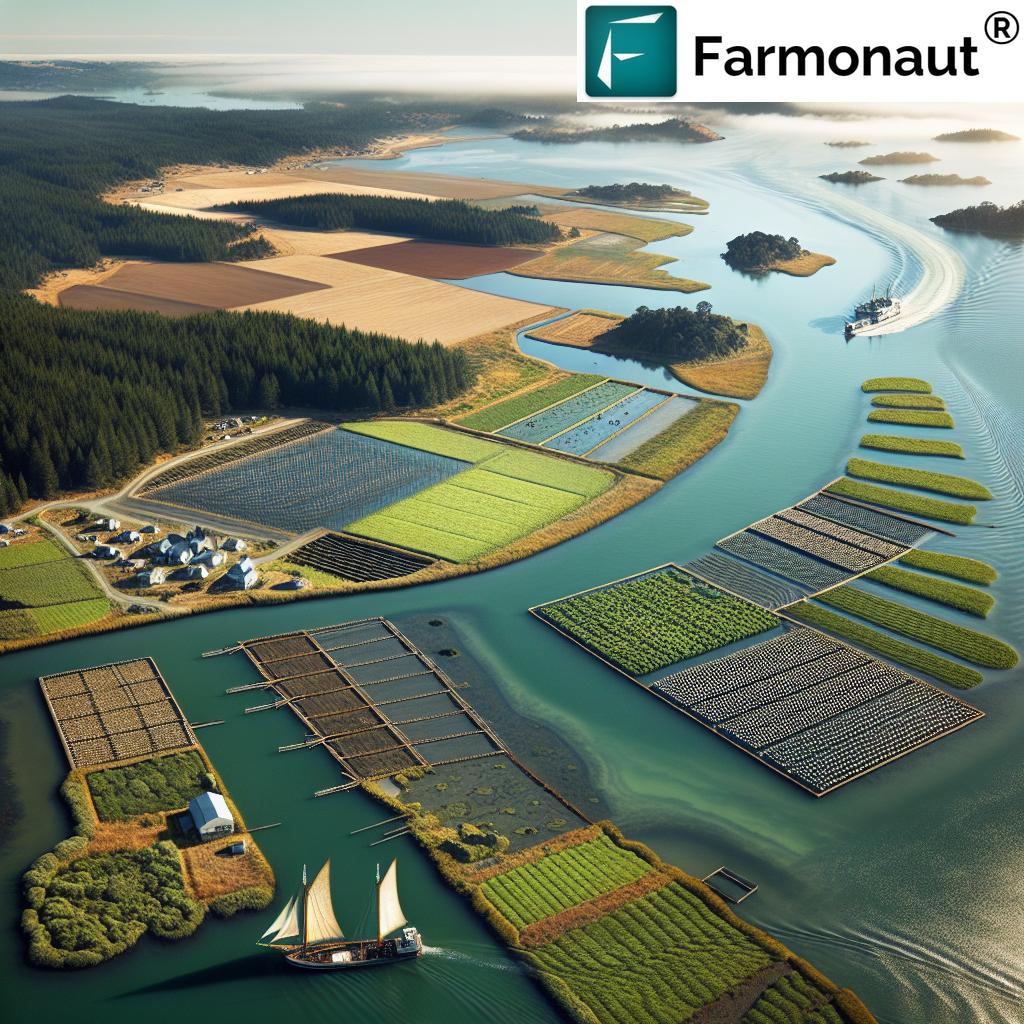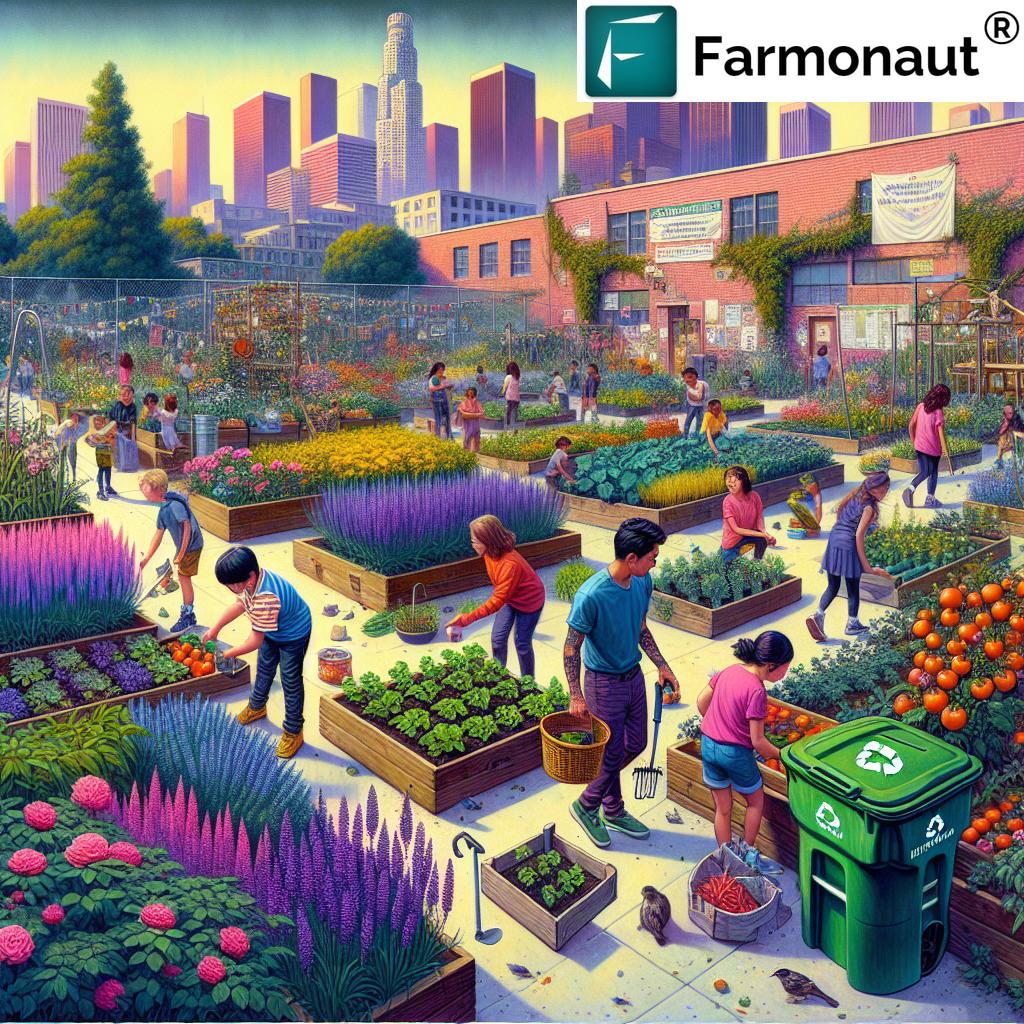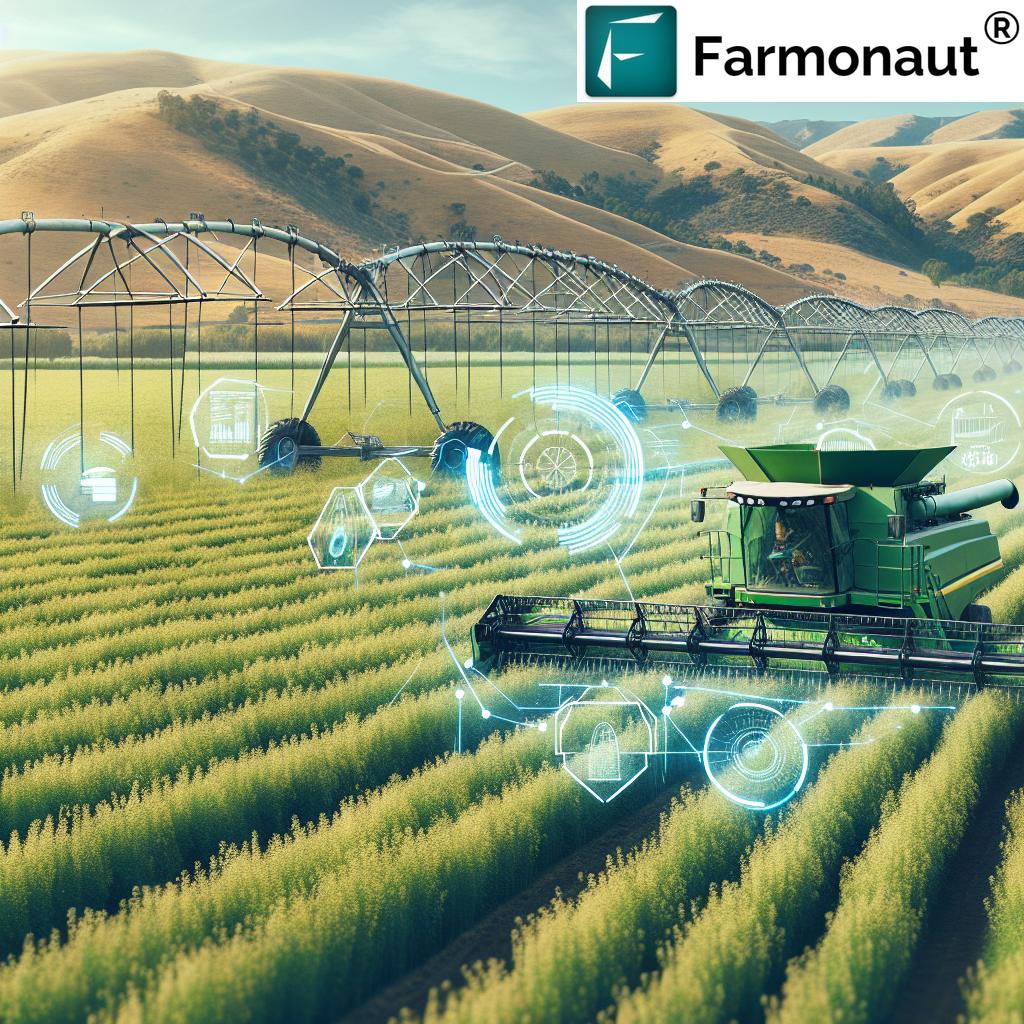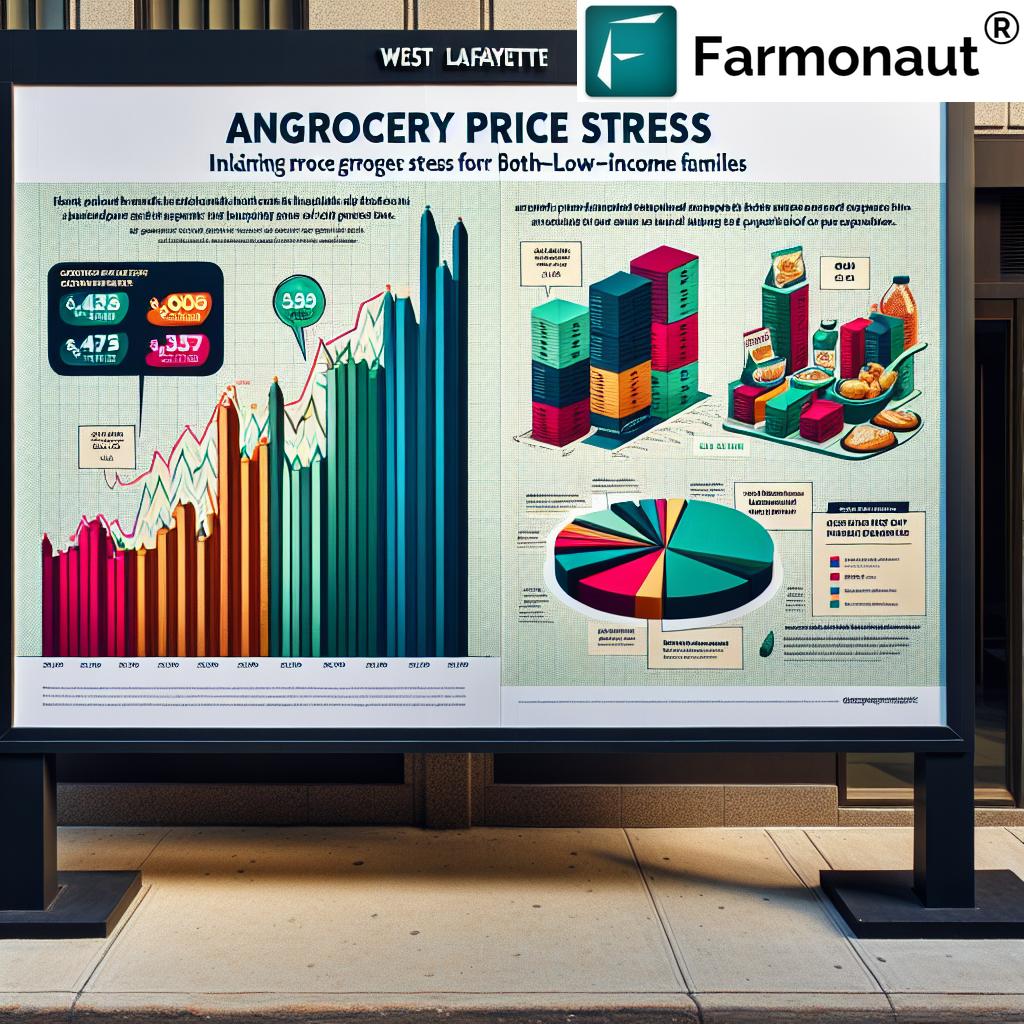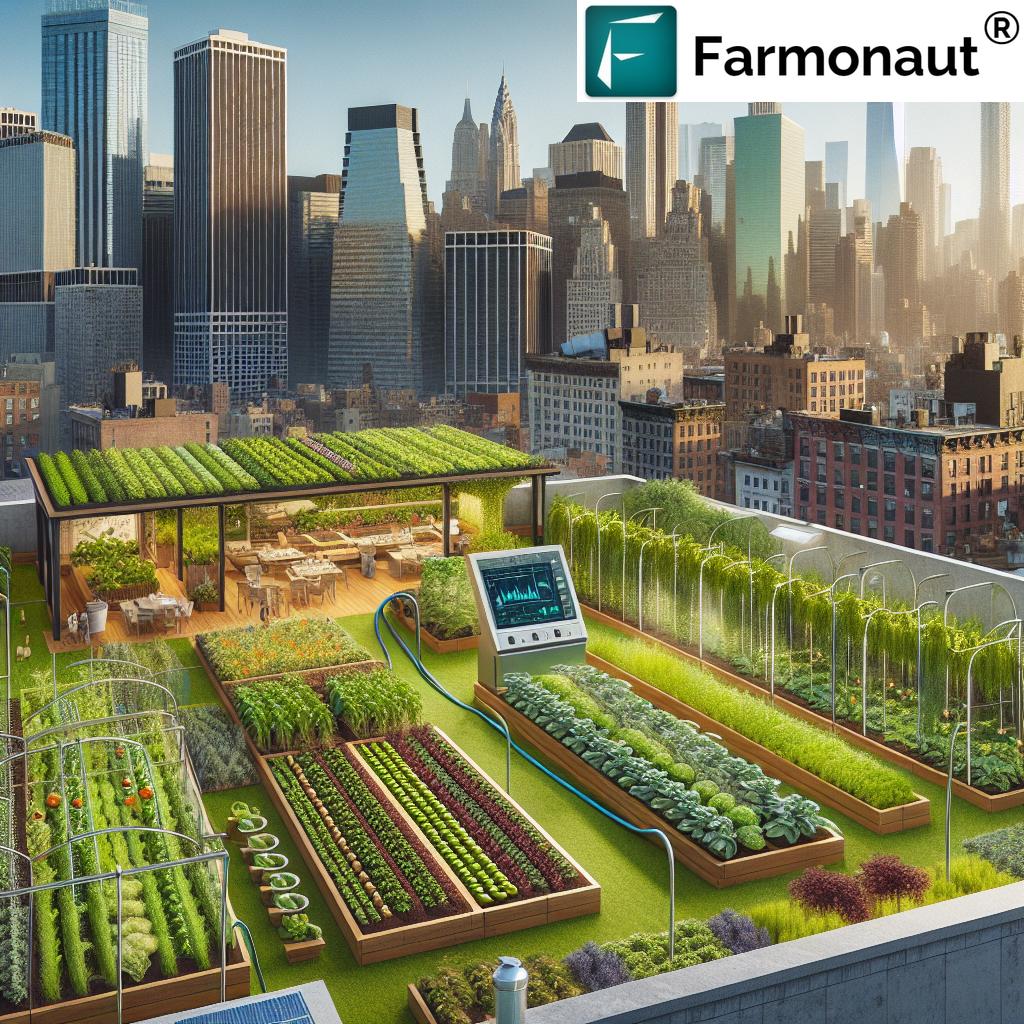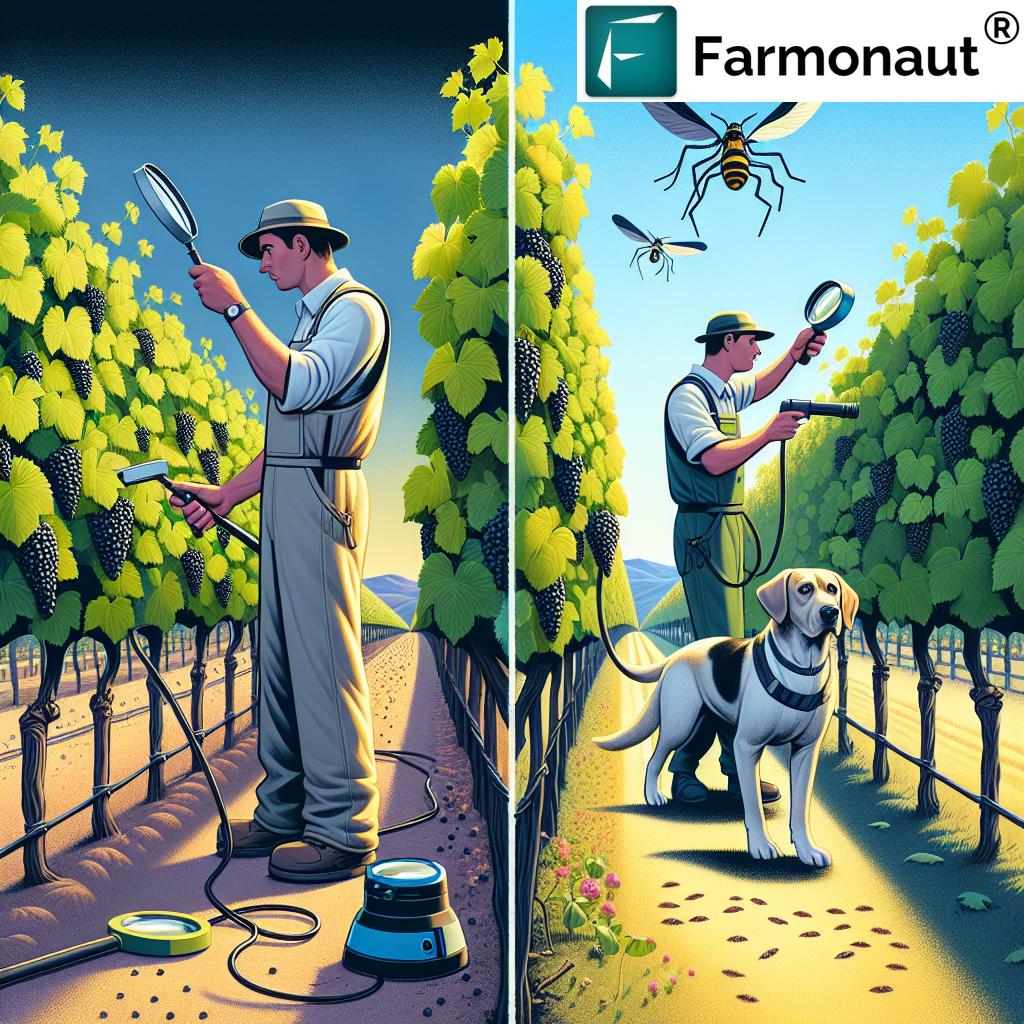Global Grain Crisis: Kansas City’s Perspective on Geopolitical Impacts and Protectionist Policies Shaping Agriculture in 2024
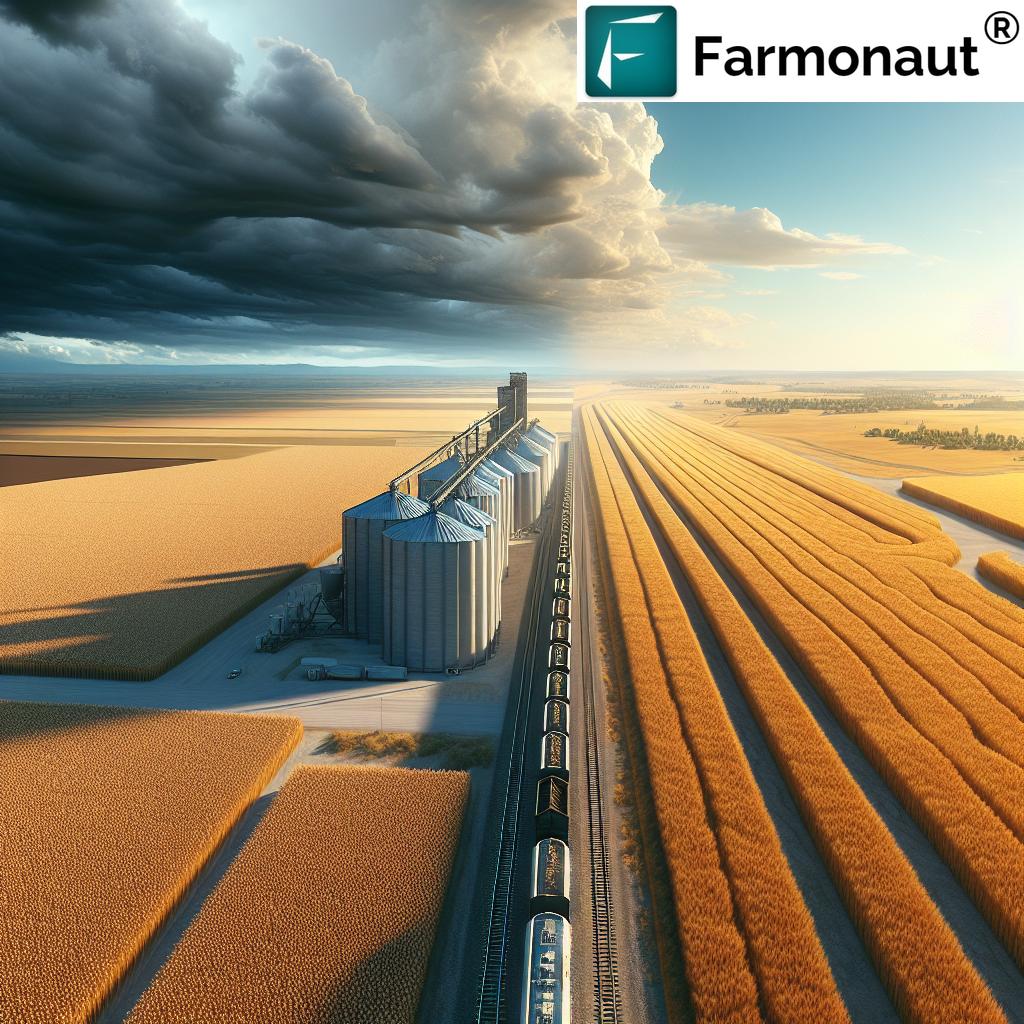
“In 2024, geopolitical conflicts and economic factors are reshaping the global grain trade, affecting over 2.5 billion tons of annual production.”
As we delve into the complexities of the global grain crisis from the perspective of Kansas City, Missouri, it’s crucial to understand the intricate web of geopolitical impacts and protectionist policies that are reshaping the agricultural landscape in 2024. Our analysis at Farmonaut reveals a tumultuous year for the grain industry, with ripple effects felt across the globe.
The Geopolitical Storm: Ukraine and the Middle East
The year 2024 has witnessed an intensification of conflicts in Ukraine and the Middle East, creating significant disruptions in the global grain trade. These regions, traditionally vital players in grain production and export, have faced unprecedented challenges in transporting their agricultural products to international markets.
- Ukraine’s grain exports have been severely hampered by ongoing military tensions
- Middle Eastern conflicts have disrupted established trade routes
- Logistical bottlenecks have emerged, causing price volatility in global markets
The geopolitical impact on agriculture extends beyond these regions, affecting supply chains worldwide. From Kansas City’s vantage point, we’ve observed how these disruptions have altered traditional trade flows and forced a recalibration of global grain distribution networks.
Economic Headwinds: Agribusiness Challenges
The grain industry economic factors have been particularly challenging in 2024. Major agribusiness companies have reported decreased profits, grappling with an unfavorable economic environment for global agriculture. This downturn has been exacerbated by:
- Increased operational costs due to supply chain disruptions
- Currency fluctuations impacting international trade
- Reduced consumer spending in key markets
These agribusiness challenges have forced companies to reassess their strategies and seek innovative solutions to maintain profitability. At Farmonaut, we’ve seen an increased interest in our satellite-based farm management solutions, as businesses look to optimize their operations in these trying times.
The Rise of Protectionist Agriculture Policies
One of the most significant trends we’ve observed in 2024 is the surge in protectionist agriculture policies across Europe and the United States. This shift has been driven by:
- A conservative backlash against liberal policies
- Growing concerns over food security and self-sufficiency
- Political unrest, particularly in countries like France
The return of Donald Trump to the U.S. presidency has marked a significant change in the political landscape, fostering an environment conducive to protectionist measures. These policies are expected to have long-standing implications for the global grain trade, potentially reshaping international agricultural relationships for years to come.
Environmental Initiatives Under Pressure
The shift towards protectionism has also led to a diminished focus on “green” environmental policies. This trend poses significant challenges for sustainable farming practices and climate change mitigation efforts in agriculture. Key concerns include:
- Reduced funding for environmental research and initiatives
- Relaxation of regulations on pesticide use and emissions
- Potential rollback of policies promoting organic farming
At Farmonaut, we remain committed to promoting sustainable agriculture through our agricultural technology solutions. Our platform continues to provide farmers with tools to optimize resource use and minimize environmental impact, even as policy support wanes.
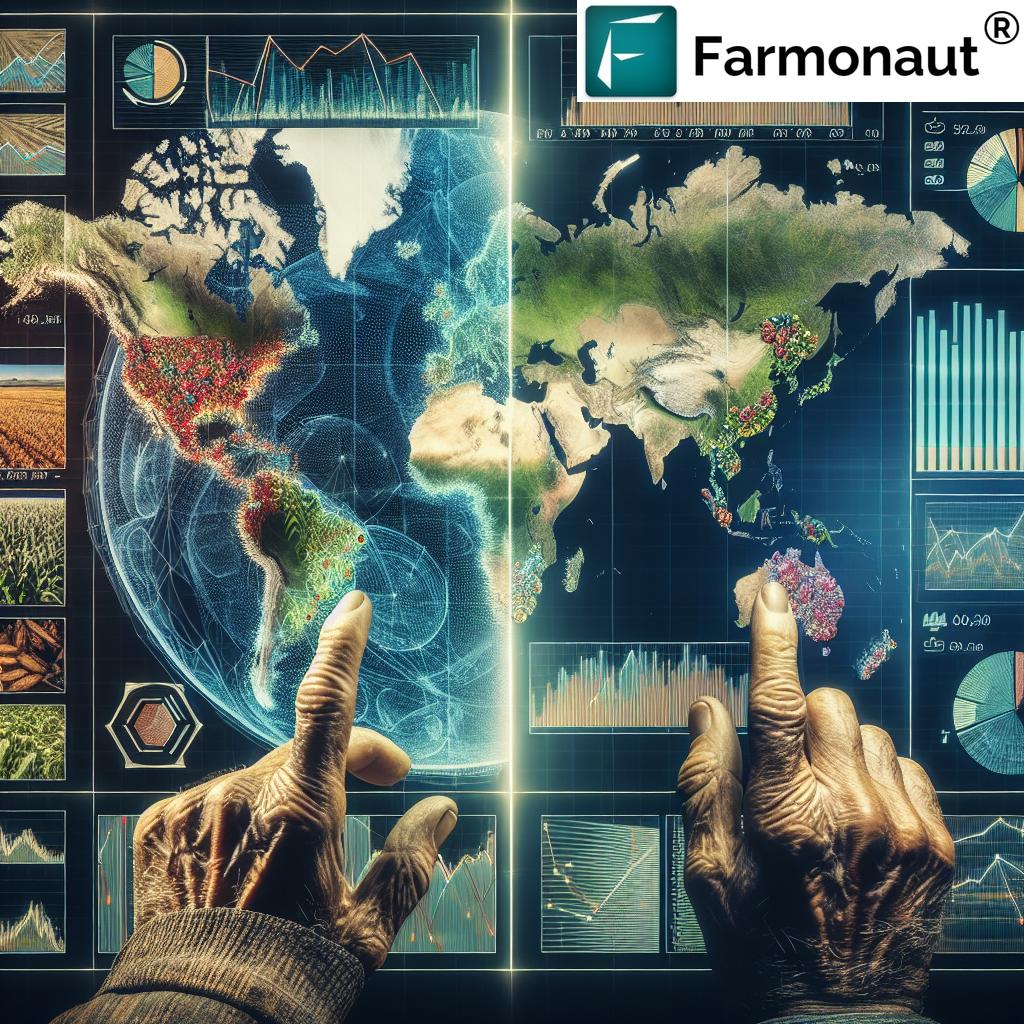
Climate Change and Crop Production
The ongoing challenges posed by climate change continue to influence crop production globally. In 2024, we’ve seen:
- Increased frequency of extreme weather events affecting crop yields
- Shifts in traditional growing regions for major grains
- Rising demand for drought-resistant crop varieties
These climate-related challenges underscore the importance of adopting resilient farming practices and leveraging technology to adapt to changing conditions. Farmonaut’s satellite and weather data API provides crucial insights to help farmers navigate these environmental shifts.
“Protectionist agriculture policies in Europe and the US could impact up to 40% of the world’s grain exports by 2025.”
The Role of Agricultural Technology
In the face of these multifaceted challenges, agricultural technology solutions have become more crucial than ever. Innovations in agtech are helping farmers and agribusinesses navigate the complex landscape of 2024:
- Precision agriculture tools for optimizing resource use
- AI-driven crop management systems
- Blockchain solutions for supply chain transparency
Farmonaut’s platform integrates these technologies, offering farmers and agribusinesses the tools they need to thrive in an increasingly unpredictable environment. Our Android app and iOS app bring these powerful tools directly to users’ fingertips.
Kansas City: A Hub for Agricultural Innovation
Amidst these global challenges, Kansas City has emerged as a beacon of agricultural innovation. The city’s strategic location and rich agricultural heritage have positioned it as a key player in addressing the grain crisis:
- Home to major grain trading companies and agricultural research institutions
- A growing ecosystem of agtech startups and innovators
- Proximity to major grain-producing regions in the U.S. Midwest
Kansas City’s perspective on the global grain crisis offers unique insights into how local innovation can address global challenges. The city’s agricultural sector is actively adopting technologies like those offered by Farmonaut to enhance resilience and productivity.
The Future of Global Grain Trade
As we look towards the future of the global grain trade, several key trends emerge:
- Increased emphasis on domestic production and food security
- Realignment of international trade partnerships
- Growing importance of technology in maintaining global food supplies
These trends highlight the need for adaptive strategies in agriculture and international trade. Farmonaut’s web application provides valuable tools for stakeholders to navigate these changes effectively.
Global Grain Trade Disruptions and Policy Shifts (2024)
| Region/Country | Primary Grain Exports | Geopolitical Disruptions | Protectionist Policies Implemented | Estimated Impact on Global Trade (%) | Climate Change Effects on Yield | AgTech Adoption Rate (%) |
|---|---|---|---|---|---|---|
| Ukraine | Wheat, Corn | Ongoing military conflict | Export restrictions | -15% | Moderate drought impact | 35% |
| Russia | Wheat | International sanctions | Grain export quotas | -10% | Increased yields in some regions | 30% |
| United States | Corn, Soybeans | Trade tensions | Increased farm subsidies | +5% | Severe drought in key regions | 65% |
| European Union | Wheat, Barley | Political unrest | Stricter import regulations | -8% | Mixed impact across regions | 55% |
| Brazil | Soybeans, Corn | Deforestation concerns | Export-oriented policies | +12% | Increased rainfall affecting harvests | 45% |
Navigating Uncertainty: Strategies for Stakeholders
For stakeholders in the grain industry, navigating the current landscape requires a multifaceted approach:
- Diversifying supply chains to mitigate geopolitical risks
- Investing in technology to improve efficiency and resilience
- Engaging in proactive policy advocacy to shape favorable trade conditions
- Adopting sustainable practices to address climate change challenges
Farmonaut’s suite of tools, including our mobile applications, can play a crucial role in implementing these strategies effectively.
The Role of International Cooperation
Despite the rise of protectionist policies, international cooperation remains crucial for addressing global food security concerns. Key areas for collaboration include:
- Sharing of agricultural research and technology
- Coordinated efforts to address climate change impacts on agriculture
- Developing fair and transparent international trade frameworks
These collaborative efforts are essential for ensuring a stable and resilient global grain trade in the face of ongoing challenges.
Conclusion: Adapting to a New Agricultural Paradigm
The global grain crisis of 2024, viewed through the lens of Kansas City’s agricultural sector, reveals a complex interplay of geopolitical, economic, and environmental factors. As protectionist policies gain traction and climate change continues to impact crop yields, the need for innovative solutions becomes ever more pressing.
At Farmonaut, we remain committed to providing cutting-edge agricultural technology solutions that help farmers and agribusinesses navigate these turbulent times. Our platform’s ability to deliver real-time insights and promote sustainable farming practices positions us as a valuable ally in addressing the challenges facing the global grain industry.
As we move forward, the resilience and adaptability of the agricultural sector will be put to the test. By embracing technology, fostering international cooperation, and implementing sustainable practices, we can work towards a more stable and secure future for global agriculture.
FAQs
- How are geopolitical conflicts affecting grain transportation?
Geopolitical conflicts, particularly in Ukraine and the Middle East, are disrupting established trade routes and creating logistical bottlenecks, leading to delays and increased costs in grain transportation. - What are the main protectionist policies being implemented in Europe and the US?
Protectionist policies include increased farm subsidies, stricter import regulations, and export restrictions or quotas on grain products. - How is climate change impacting global grain production?
Climate change is causing more frequent extreme weather events, shifting traditional growing regions, and affecting crop yields, necessitating adaptation in farming practices and crop varieties. - What role does agricultural technology play in addressing the global grain crisis?
Agricultural technology, such as precision farming tools, AI-driven crop management systems, and satellite-based monitoring, helps farmers optimize resource use, improve yields, and adapt to changing environmental conditions. - How can stakeholders in the grain industry navigate the current uncertainties?
Stakeholders can navigate uncertainties by diversifying supply chains, investing in technology, engaging in policy advocacy, and adopting sustainable farming practices.
For more information on how Farmonaut can help you navigate the challenges in the global grain industry, visit our website or download our mobile app today.





